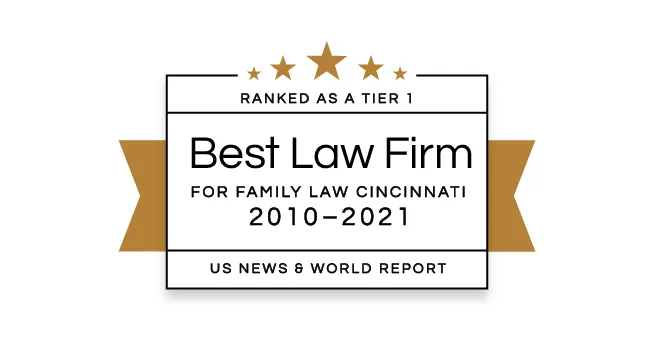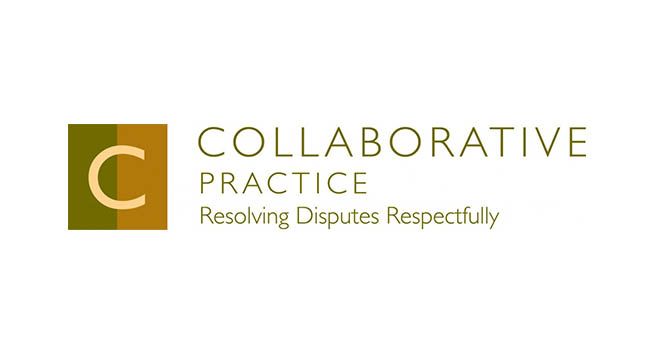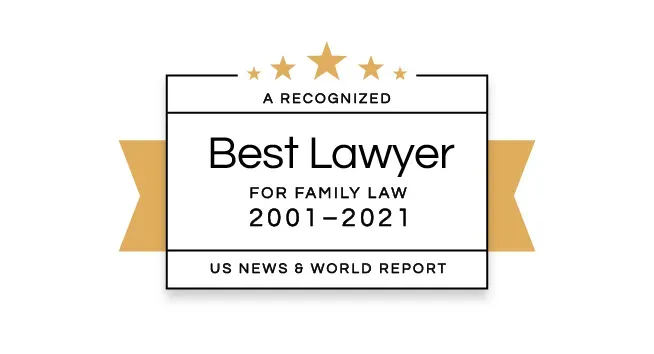Navigating your
Legal Journey
Cincinnati Divorce & Family Law Practice Areas
Why Choose Beth Silverman & Associates?
Award-winning, top-ranked family law firm
At Beth Silverman & Associates, we understand that most people have never needed a lawyer before and find themselves choosing the right lawyer at a terribly stressful time in their lives. Navigating through the complexities of divorce and dissolution can be emotionally challenging and legally daunting. That's why our team of experienced attorneys is here to provide you with compassionate guidance and expert representation every step of the way. Our first goal is to understand your current needs and then discuss legal options so that you can make educated decisions. Our job is to understand, inform, and assist you from beginning to end in obtaining the best possible outcome.
Your ally
How We Can Help
Legal Guidance: We can explain the legal implications of any course of action and your legal rights and obligations.
Negotiation and Mediation: We can help you and your spouse reach mutually agreeable terms for separation through negotiation or mediation, minimizing conflict and promoting cooperation.
Collaboration: All of our attorneys have participated in formal collaborative training and Beth Silverman was one of the original members of the group that brought collaborative law to Cincinnati.
Drafting Legal Documents: In current times, people may be tempted to rely on forms found on the internet to file with the court; however, be aware that these forms are generic and are not tailored to your individual circumstances. In many instances, people are barred from attempting to correct a mistake.
Representation in Court: If litigation becomes necessary, our skilled attorneys can provide you with vigorous representation in court to protect your rights and interests.
Post-separation Modifications: If circumstances change after separation, we can assist you in seeking modifications to court orders to reflect new arrangements or agreements.
Why Choose Us?
Experience: With forty years of experience in family law, our attorneys have earned an excellent reputation as a professional and skilled family law firm.
Dependability: Nothing is more important to us than our clients having confidence in our lawyers and staff. We demonstrate by returning phone calls and emails to clients and other professionals, being well prepared for every conversation, meeting and court appearance, and serving our clients’ interests from our first contact until your matter is resolved.
Personalized Attention: We recognize that every case is unique, and we take the time to understand your specific goals and concerns. You can count on us to provide you with individualized attention and tailored legal solutions.
Compassionate Support: Every lawyer in our firm chose to enter into family law because of our desire to know clients on a personal level and to assist with care, compassion and the best legal representation.
Respected Reputation: After forty years of practicing family law, our firm is highly regarded in the legal community for our integrity, professionalism, and dedication to our clients' needs. Our reviews and awards speak for themselves.
Our Approach
Family law proceedings require a delicate balance of legal expertise and empathy.
Our approach is centered around understanding your unique situation and tailoring our strategies to achieve the best possible outcome for you and your family. Whether your case involves amicable negotiations or contentious litigation, we are dedicated to protecting your rights and advocating for your interests.
Our Awards & Recognition
Testimonials
We have had the pleasure of helping clients just like you through divorce. See what some of our former clients have to say.

Blogs on all family law issues
Documents & Information
Click to view more information about divorce law.
Contact us today
The best way to reach us for an initial consultation is by telephone. Please call our office at (513) 241-9844. You can speak with a legal professional before making an appointment.
If we’re unable to take your call right away, please leave a message. All calls are promptly returned by an attorney so that we can best understand your needs and effectively assist you. You’re also welcome to email us, but please do not include confidential matters in emails. We look forward to speaking with you soon.












